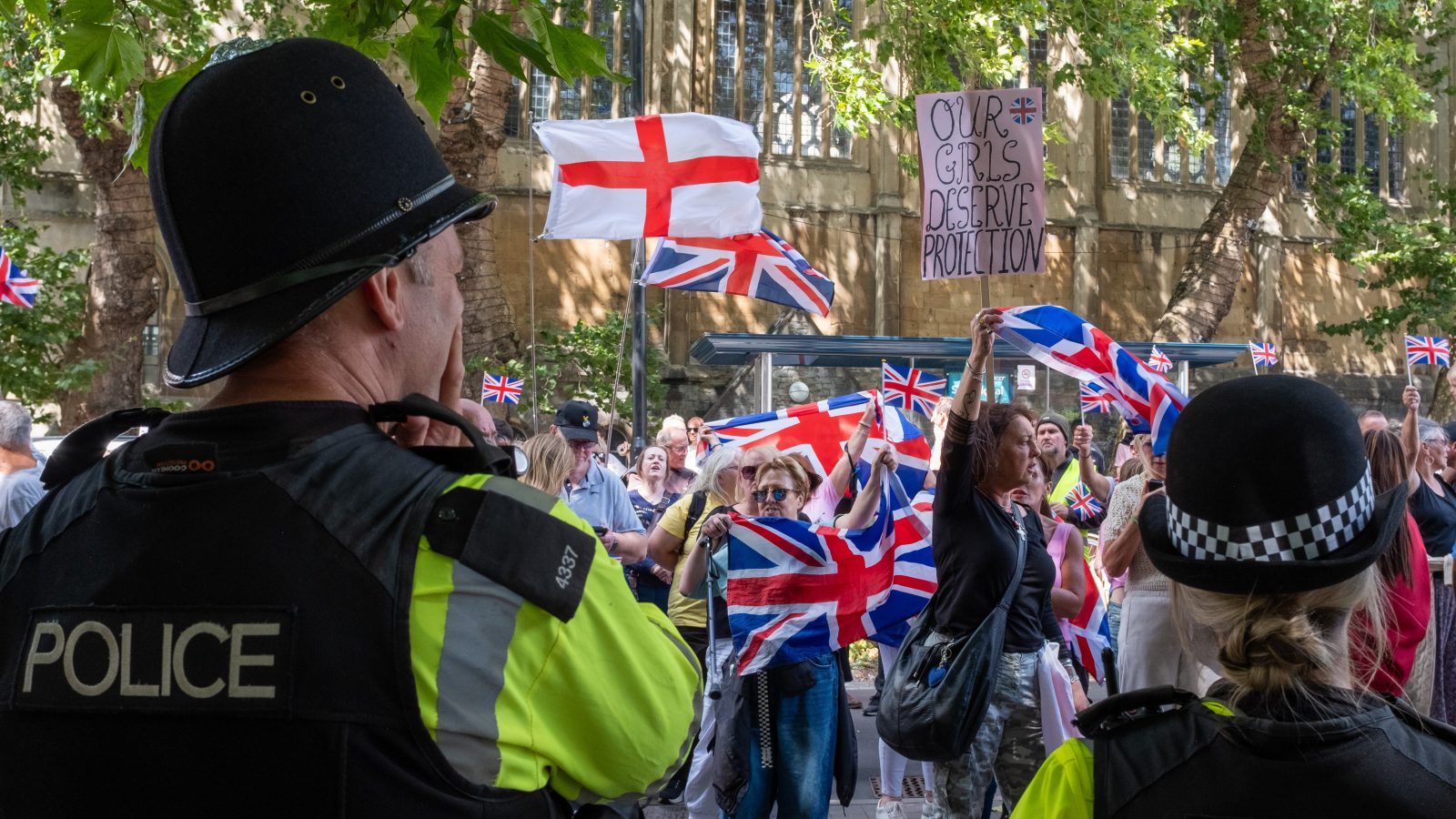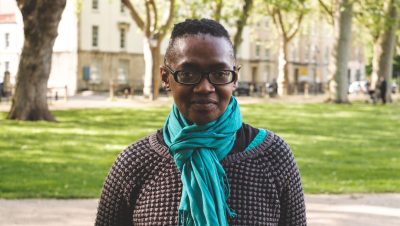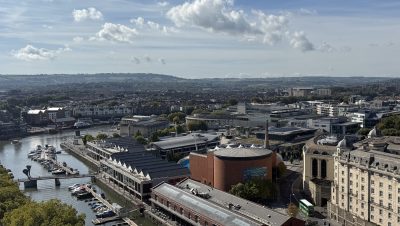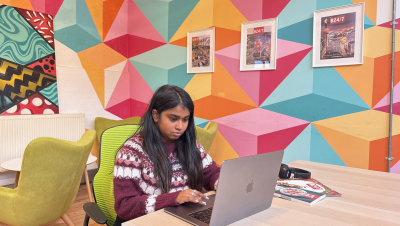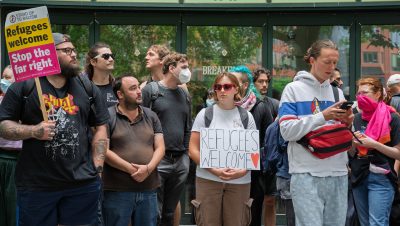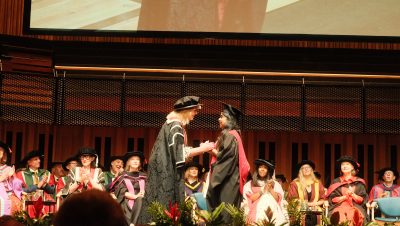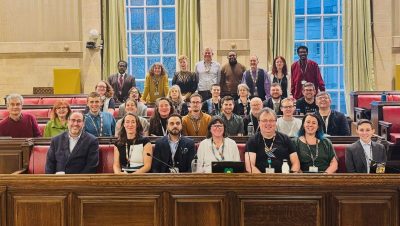Your say / immigration
‘The left and right agree on so many fundamental things’
Last Saturday, I joined the anti-fascist counter-protest in Bristol. Later, curiosity took me across the police line to speak to the anti-immigration protesters. Beneath the shouting, I was struck by the fundamental things we agreed on: safety for our loved ones, enough money, housing, a future to look forward to.
Our differences lie in how we think these things can be achieved, and what (or who) we believe are threats to them. These views are shaped by our own lived experiences, and by who we listen to online, down the pub or on the sports field.
Protests absolutely have their place (thank you, free Gaza protesters), but they can become echo chambers. I’m not undermining the strength of feeling, solidarity and commitment to showing up for what you believe in to be important. But last weekend, it also felt like a standoff: “It’s our city.” “No, it’s OUR city.”
is needed now More than ever
I stand firmly against fascism. I recognise that my views are shaped by a liberal upbringing, free from poverty, with a family who opened their doors and welcomed people in. Not everyone has had that.
The truth is, our city belongs to all of us: left wing, right wing, immigrants, anyone living here. We should be finding ways to work together on shared priorities, rather than feeding a toxic divide that serves only politicians who want us to pick teams. Immigration has become an easy rally cry, conflated with concerns about crime, housing, jobs and safety.
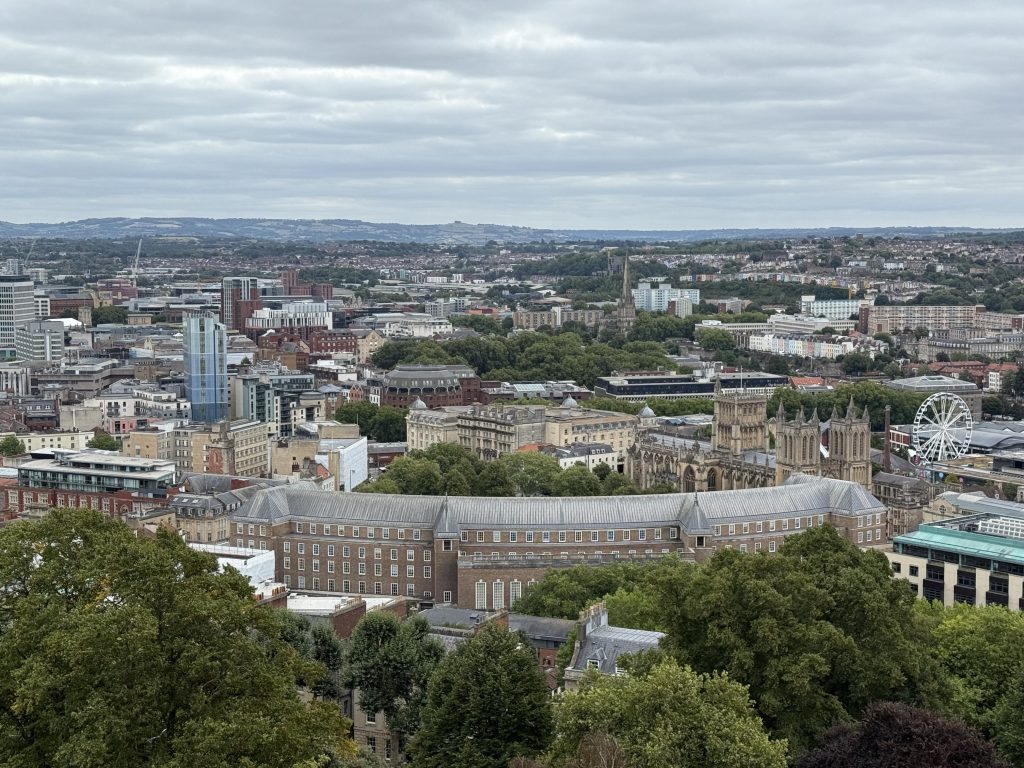
“It’s our city.” “No, it’s OUR city.” – photo: Martin Booth
But the migrant hotel situation is not simply the result of more people seeking sanctuary in the UK. It stems from decades of political choices.
Firstly, the Labour government under Tony Blair barred asylum seekers from working in the UK, making them entirely reliant on state support. Before that, people could look for a job if they were waiting longer than six months for an asylum claim.
In 2012, the Cameron/Clegg coalition privatised the accommodation contracts for asylum seekers, previously managed by local authorities. Contracts were outsourced to profit-led companies like Serco, who began placing asylum-seekers together in hostels and hotels.
During the pandemic, the Conservative government allowed a backlog of asylum applications to build up. Alongside trying to deport asylum seekers to Rwanda, it put them into unsuitable encampments. When all this failed, it meant more people needing to be placed in hotels for longer.
These facts are rarely if ever mentioned by our political leaders or opponents. Reform is capitalising on this and is gaining ground everywhere – like it or not, even in Bristol – by amplifying fears. Labour is only reinforcing this narrative with its own immigration policies.
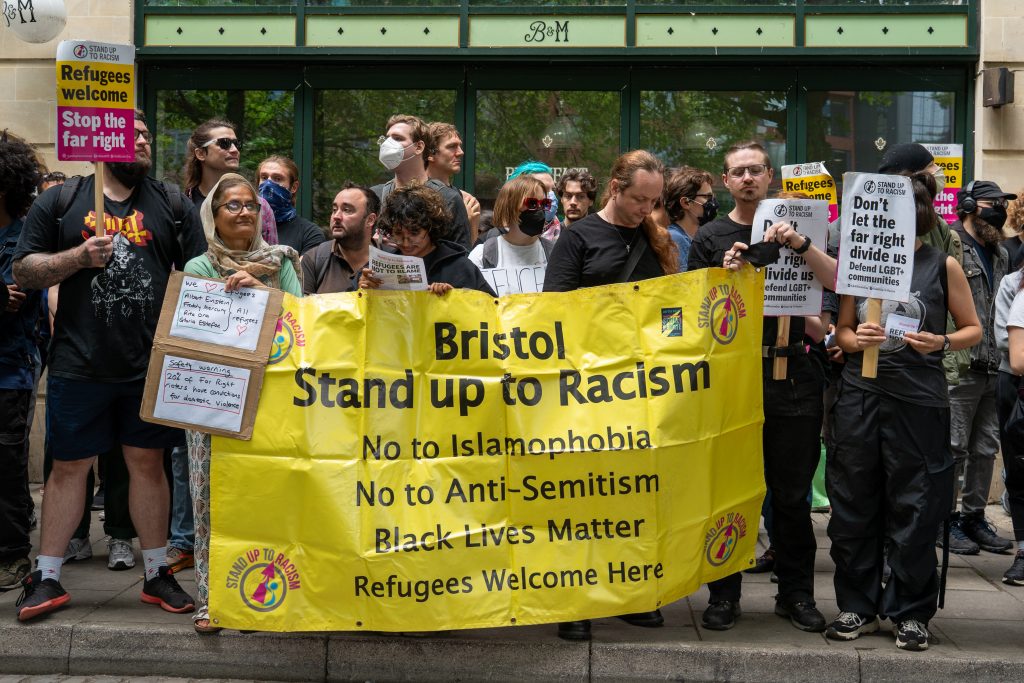
Bristol is a proudly anti-racist city – photo: Rob Browne
As someone who works in communications, I know change begins with understanding the audience you want to reach. When I spoke with anti-immigration protesters, I was met with women who looked much like me. They offered me one of their little Union Jack flags on a stick to wave and made space for me. I could have been one of them.
This is the problem: it’s like having two opposing football teams. Each wants to win, no-one wants to listen. It’s a never-ending rivalry. And that’s our current politics.
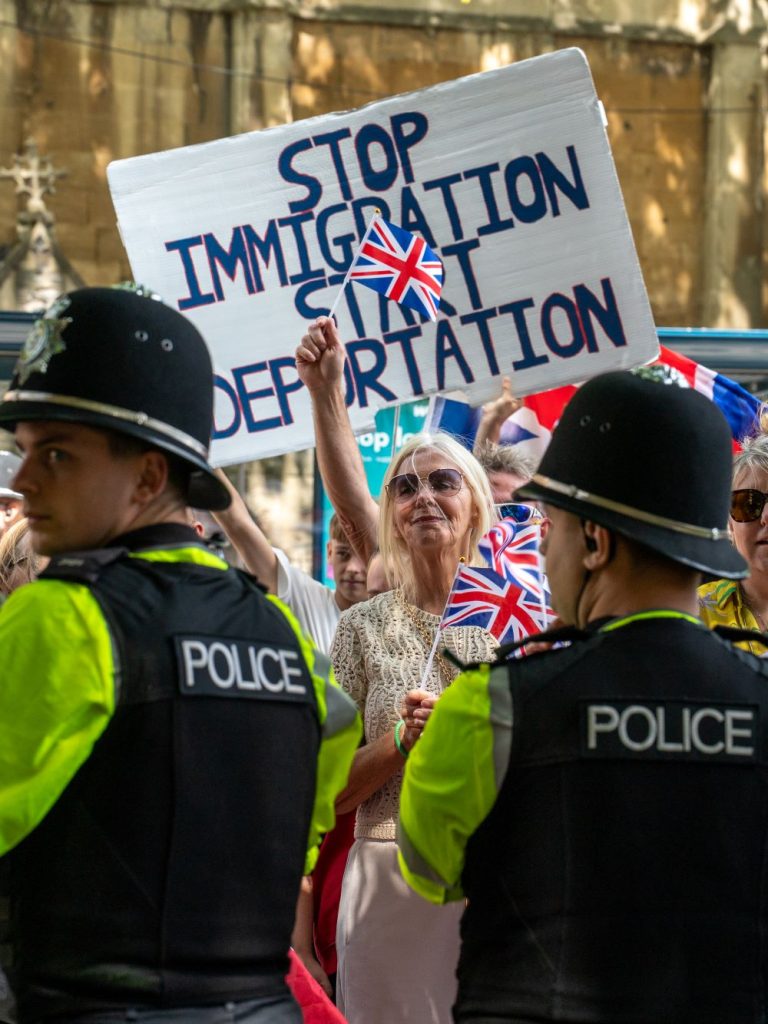
Catherine Frankpitt says there are more similarities than we might think between opposing sides of the political spectrum – photo: Rob Browne
What if, instead of shouting over megaphones, we sat down in a big room and talked calmly, without judgment? About what we all need to feel safe, for our families to have a future in which they can thrive and have their basic needs met.
If we had the facts not the spin, I suspect immigration wouldn’t dominate the national conversation as much as it does now. Who’s up for kickstarting this conversation?
This is an opinion piece by Catherine Frankpitt, director at Strike Communications and a Bristol24/7 board member
Main photo: Rob Browne
Read next:
 Our newsletters emailed directly to you
Our newsletters emailed directly to you